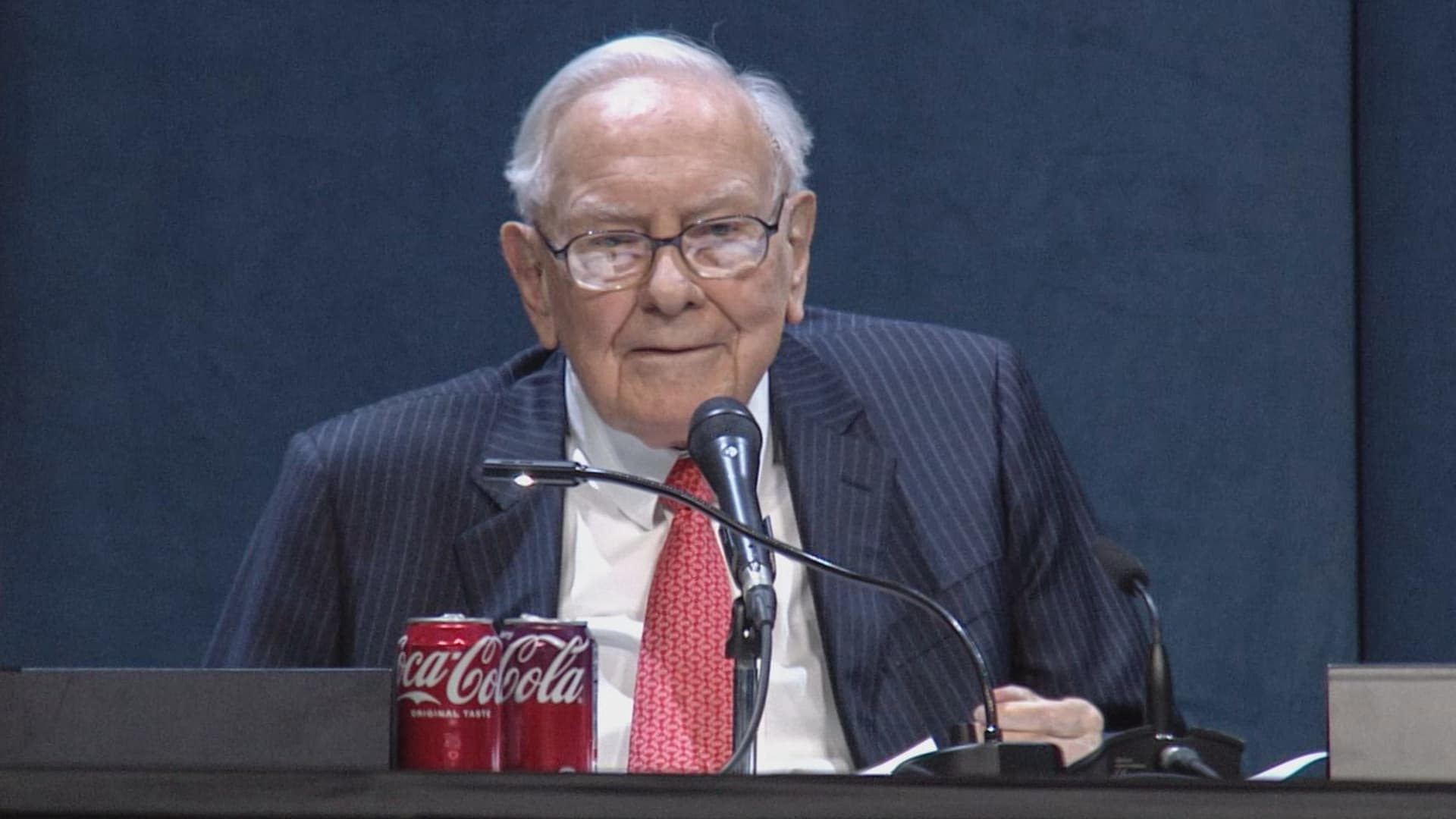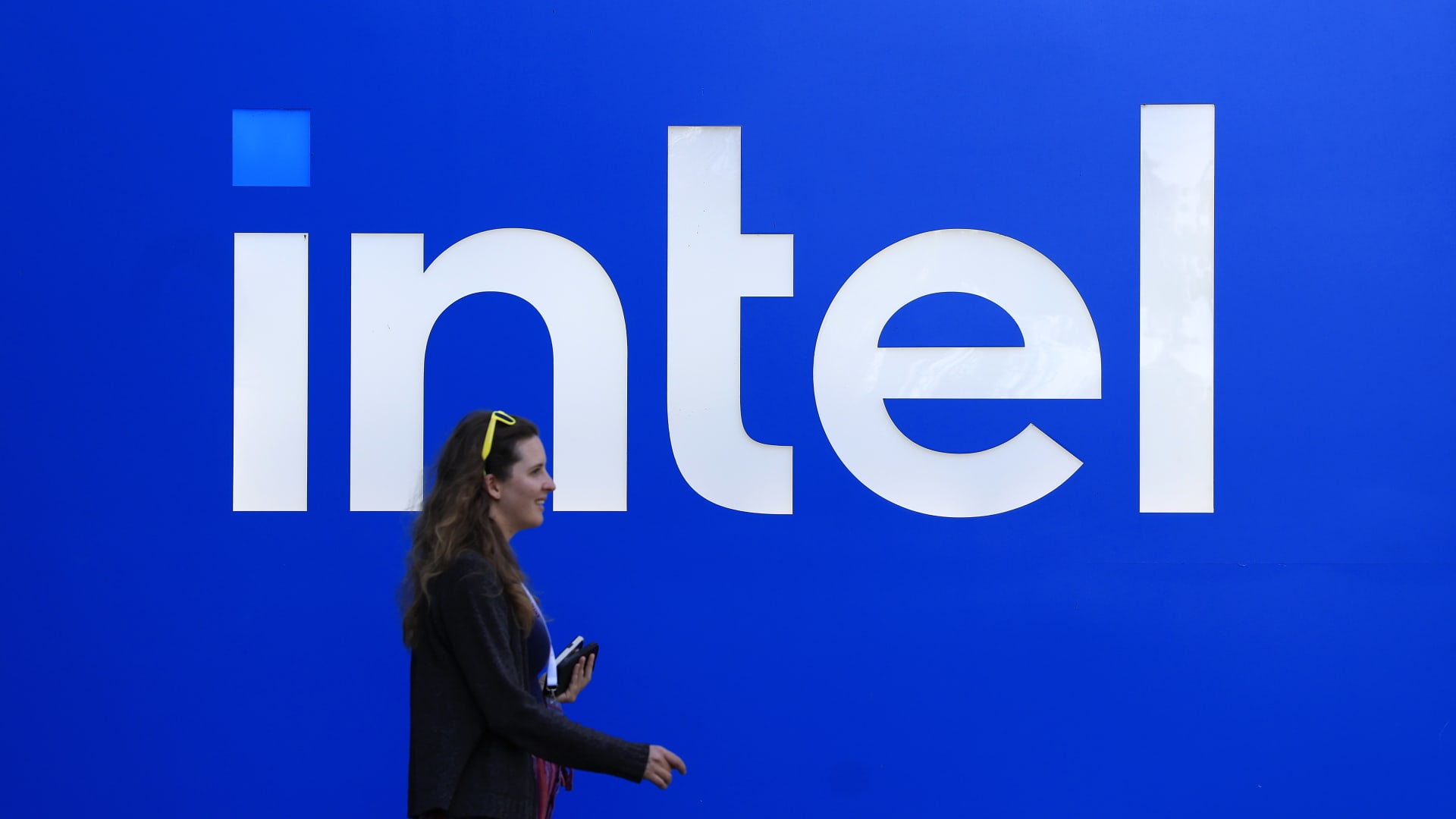The average sale price reached $50,080 in September, marking the first time it has topped $50,000, according to Kelley Blue Book.
The milestone came as shoppers rushed to buy electric vehicles before a $7,500 federal tax credit expired on Sept. 30, with EVs selling for an average of $58,124, which helped push overall prices higher, according to KBB.
While new-car prices typically rise in early fall, September’s year-over-year increase was the largest since the spring of 2023, driven by EV purchases, higher luxury sales and, to a lesser extent, tariffs, KBB says.
“Now that [the EV] incentive is gone, it’s possible that electric vehicle sales will drop off somewhat and the average transaction price may dip below $50,000 in the later part of the year,” Brian Moody, executive editor for Kelley Blue Book, tells CNBC Make It.
Either way, car prices have climbed steadily since February. And once expenses like insurance, maintenance and fuel are factored in, monthly costs can exceed $1,000.
What a $50,000 car really costs per month
That works out to a monthly payment of about $796. But when you add in gas and insurance, the real monthly cost climbs higher.
Americans spend an average of $177 a month on fuel, per an analysis by Empower, and the national average cost of auto insurance with liability, collision and comprehensive protection is $242, per Experian. That brings total monthly costs for a new-car owner to roughly $1,215 a month.
There are also annual and ongoing costs to consider, including:
- Maintenance and repairs: about $900 a year on average across all vehicle types in the U.S., according to ConsumerAffairs
- Registration fees: an average of roughly $75 a year for registration, although it varies considerably by state, according to Insurify
Consider used or leased cars to offset costs
It’s worth remembering that new cars can lose about 20% of their value in the first year and as much as 60% after five years, according to Kelley Blue Book.
For cost-conscious buyers, it may be worth exploring used and leased options, which generally come with lower monthly payments.
“We’re seeing more and more people turn to leasing as a way to keep ownership costs down as everything gets more expensive,” says Zander Cook, co-founder of lease-buyout platform Lease End.
Leasing essentially means renting a new car for a set term instead of buying it outright. While monthly payments tend to be lower, leases come with mileage limits — usually 10,000 to 15,000 miles per year — and may include fees for excess wear or mileage. Leases also don’t result in ownership once the term ends.
“Leasing doesn’t work for everyone. If you’re driving a ton of miles a year or live somewhere really rural, it’s probably not the best fit,” Cook says. “But for most people, especially those living in cities or suburbs, driving 10,000 to 12,000 miles a year, leasing makes a lot of sense.”
Another option is to buy a used car. The tradeoff here is that it may lead to higher maintenance and repair costs as the vehicle ages and warranty coverage expires.
However, cars that are around three years old often hit the sweet spot between price and reliability, according to J.D. Power. By then, most models have absorbed the steepest depreciation but still fall within warranty coverage.
Want to level up your AI skills? Sign up for Smarter by CNBC Make It’s new online course, How To Use AI To Communicate Better At Work. Get specific prompts to optimize emails, memos and presentations for tone, context and audience. Sign up today with coupon code EARLYBIRD for an introductory discount of 20% off. Offer valid Oct. 21 through Oct. 28, 2025.
Plus, sign up for CNBC Make It’s newsletter to get tips and tricks for success at work, with money and in life, and request to join our exclusive community on LinkedIn to connect with experts and peers.

















Leave a Reply